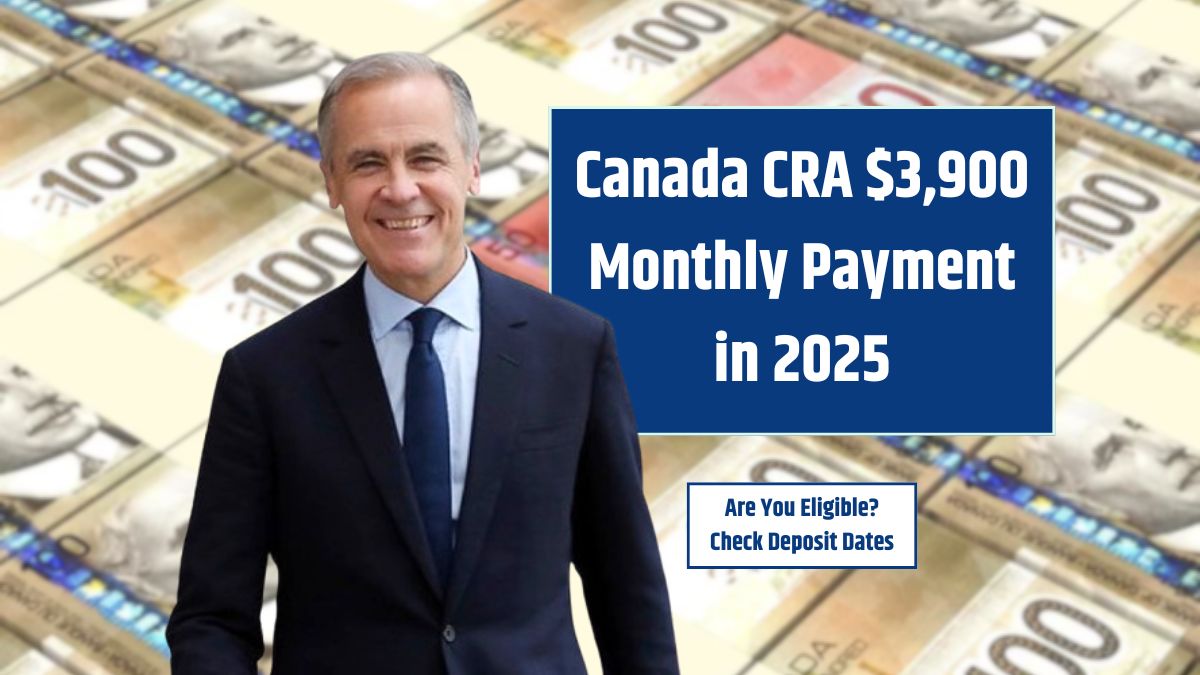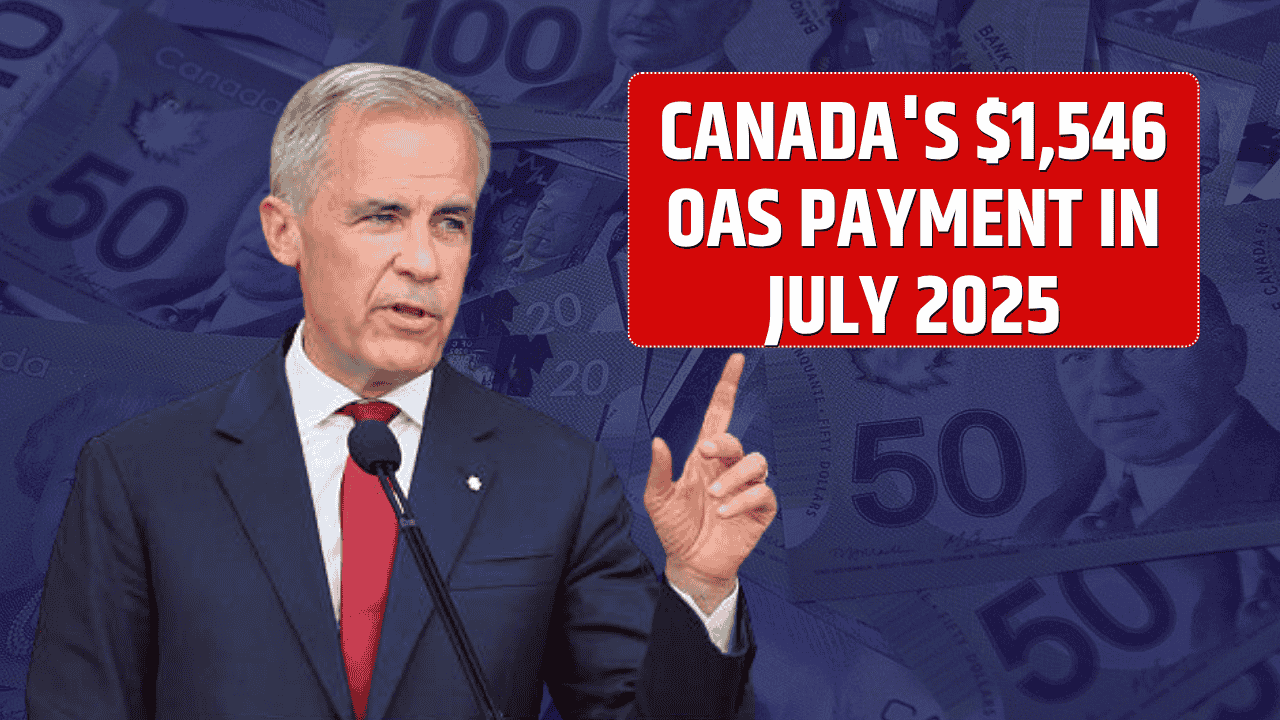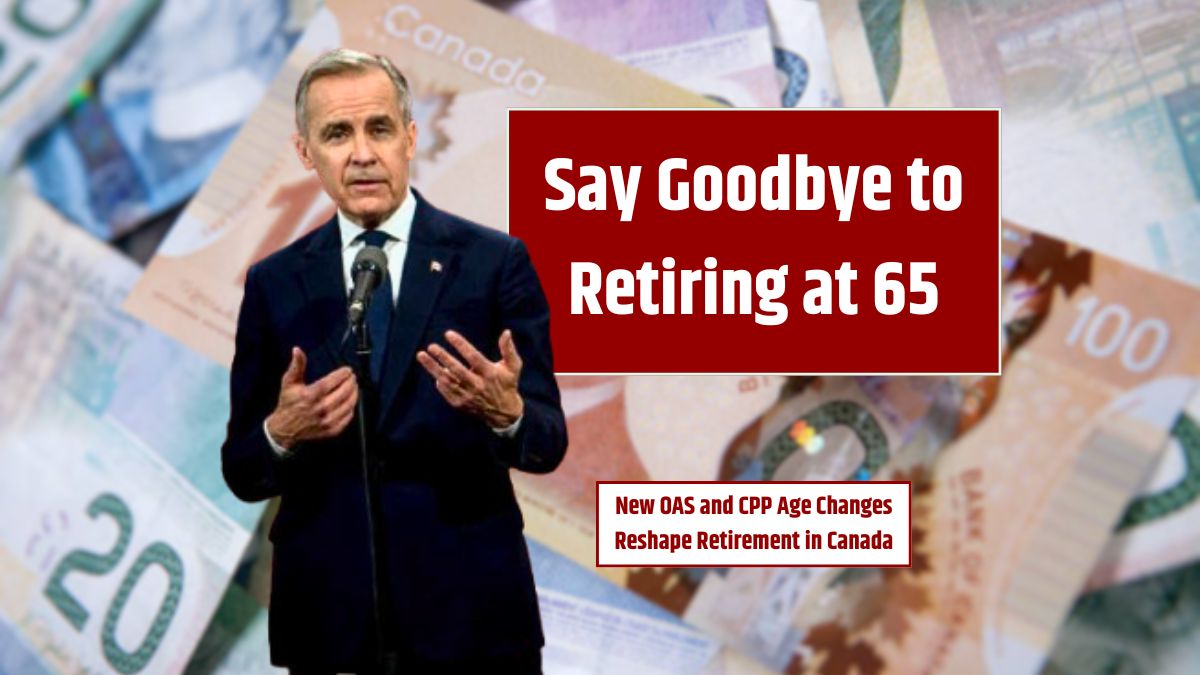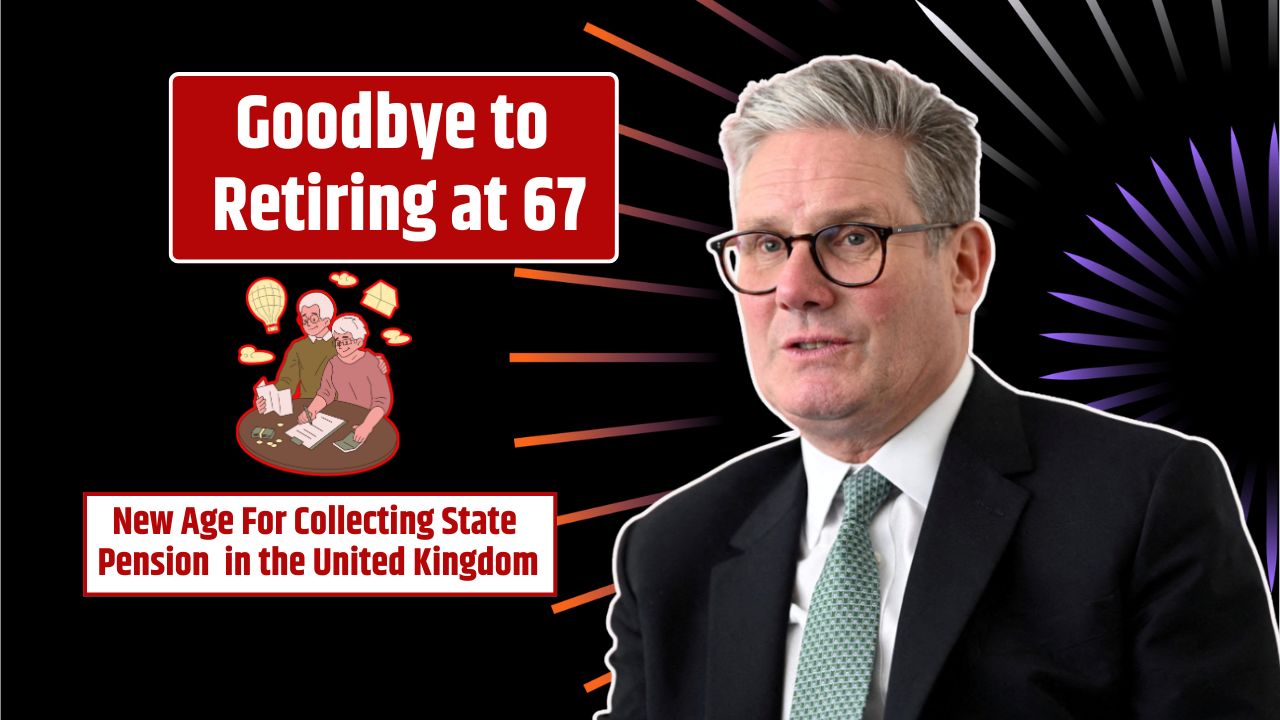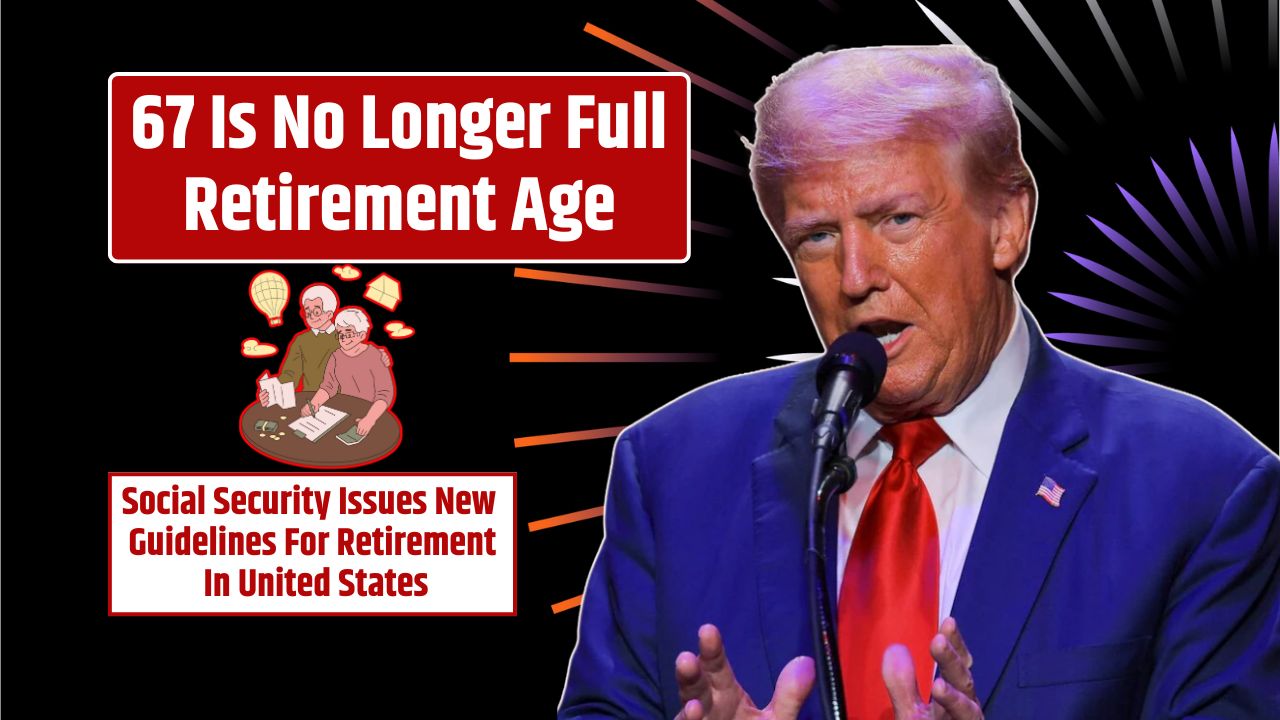Pursuing a career in public policy or research offers a unique opportunity to shape laws, influence public debate, and contribute to meaningful change. Whether you’re an undergraduate, graduate student, or recent graduate, fellowships and internships can play a crucial role in launching your policy career. These programs offer hands-on experience, professional mentorship, and often direct pathways into government agencies, think tanks, or advocacy organizations.
Here’s a guide to the top U.S. fellowships and internships tailored to students and early professionals interested in public policy and research.
Table of Contents
Top Public Policy Fellowships in the U.S.
Public policy fellowships offer structured, often paid experiences that include research opportunities, leadership development, and access to influential networks.
1. Truman Scholarship
- Who it’s for: Juniors planning public service careers.
- Benefits: Up to $30,000 for graduate studies, professional development, and leadership training.
- Commitment: 3-year public service requirement post-graduation.
2. Presidential Management Fellows (PMF) Program
- Who it’s for: Graduate students or recent grads.
- Benefits: Two-year federal government fellowship, high placement rates in permanent roles.
- Agencies involved: DHS, DOJ, EPA, and more.
3. Congressional Hispanic Caucus Institute (CHCI) Fellowship
- Who it’s for: Recent college grads, especially from Hispanic/Latino backgrounds.
- Benefits: 9-month placement in congressional offices, professional development, stipend.
4. Scoville Peace Fellowship
- Who it’s for: Recent grads focused on international security or peace policy.
- Benefits: 6–9 month fellowship in DC think tanks, stipend, networking.
5. Rangel Graduate Fellowship
- Who it’s for: Those pursuing careers in the Foreign Service.
- Benefits: Graduate school funding, internships, and entry into the U.S. State Department.
Leading Internships in Public Policy and Research
Internships are a great entry point for students interested in public policy. Many are competitive, paid, and provide access to real-world projects and policymaking environments.
1. White House Internship Program
- Eligibility: Current students or recent grads.
- Duration: Fall, Spring, Summer terms.
- Focus: Policy development, communications, and administrative support.
2. Brookings Institution Internship
- Focus areas: Economic studies, foreign policy, governance.
- Location: Washington, D.C.
- Stipend: Some positions are paid or offer academic credit.
3. Urban Institute Internship
- Field: Social and economic policy research.
- Perks: Exposure to real-time policy analysis, strong mentorship.
4. Heritage Foundation Internship
- Focus: Conservative policy research and communications.
- Audience: Undergraduate and graduate students.
- Includes: Speaker series, mentorship, housing assistance.
5. Center for American Progress Internship
- Focus: Progressive public policy research.
- Includes: Paid internship opportunities across departments.
Comparison Table: Fellowships vs. Internships
| Program Type | Audience | Duration | Paid | Career Pipeline |
|---|---|---|---|---|
| Truman Scholarship | College juniors | Varies (grad school) | Yes | Public service leadership |
| PMF Program | Graduate students | 2 years | Yes | Federal government roles |
| Scoville Fellow | Recent grads | 6–9 months | Yes | Think tanks, NGOs |
| Brookings Internship | Undergrad/Grad students | 10–12 weeks | Some | Policy research orgs |
| White House Internship | College students or grads | 3–4 months | No | Federal policy exposure |
Tips to Maximize Fellowship & Internship Opportunities
- Start early: Deadlines for top programs often fall months in advance.
- Tailor your application: Align essays and résumés to policy interests and program missions.
- Network: Attend public policy conferences, webinars, and alumni events.
- Get faculty support: Strong recommendations often make a big difference.
- Prepare for interviews: Practice with mentors or use campus career centers.
Gaining a foothold in public policy starts with the right experiences. Whether through internships at top research institutions or fellowships designed to foster the next generation of policy leaders, these programs help students grow their networks, build their résumés, and explore diverse areas within the field. Take time to explore each program’s goals and see which ones align with your passion and long-term career ambitions.
FAQs
What’s the difference between a fellowship and an internship in public policy?
Fellowships are typically longer, more structured, and often post-graduate programs focused on leadership or research. Internships are shorter, often during school, and designed for exposure and skill development.
Are public policy internships paid?
Many are unpaid, but prestigious programs (e.g., Brookings, Urban Institute) do offer paid roles or stipends.
When should I start applying for these programs?
Applications open 3–6 months in advance. For fellowships, start researching 9–12 months ahead.






